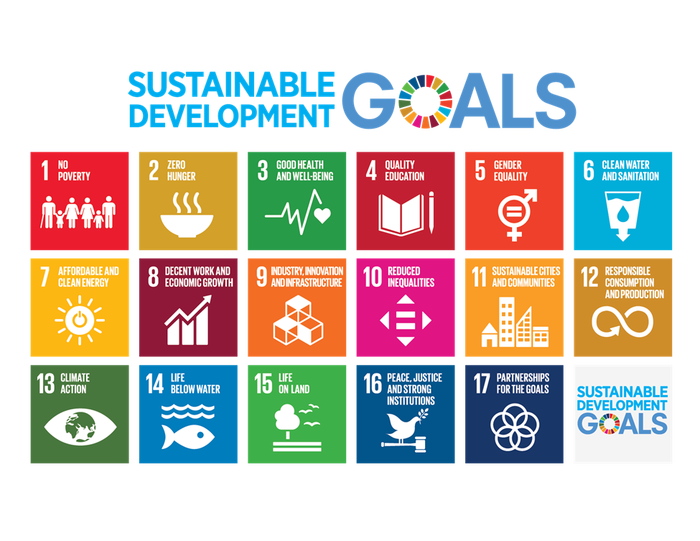Sustainability is the simultaneous pursuit of human health and happiness, environmental quality, and economic well-being for current and future generations.
Many focus upon environmental protection when they think of sustainability. Given that we rely on the natural world for everything that we use within society, certainly environmental conservation is a key part of sustainability, but it is not the only piece. Society is formed by people living within economic systems (which rely on the natural environment). True sustainability must consider the whole. As a society, we can only be sustainable if our people are provided for both in terms on basic needs (food, water, and shelter), as well as education and equity. Those people must then work within an economic system, which is prosperous even while considering the realities of finite natural resources.
Some pit economy in opposition to the environment, as though we can only have one: a growing economy or the natural world. The reality is we do not have one without the other: Economic growth is limited by the natural laws. We cannot use what we do not have. Working within and in-line with those natural laws to create circular economies, not only acts to protect the environment, but also it makes good business sense. A well-insulated home not only acts to protect the environment by lowering the energy needs to heat and cool your home, it also saves you money. This is the sustainable mindset.
The concept of Sustainability is realized through the pursuit of the 17 Sustainable Development Goals as outlined by the United Nations:
We work to integrate the 17 UN Sustainable Development Goals within every aspect of how our university operates. From our fundamental purpose of providing quality education (goal 4) to promote employment and economic growth (goal 8) within our community and region to the way we run our institution, we endeavor to incorporate a sustainability mindset as embodied by these sustainable development goals.
